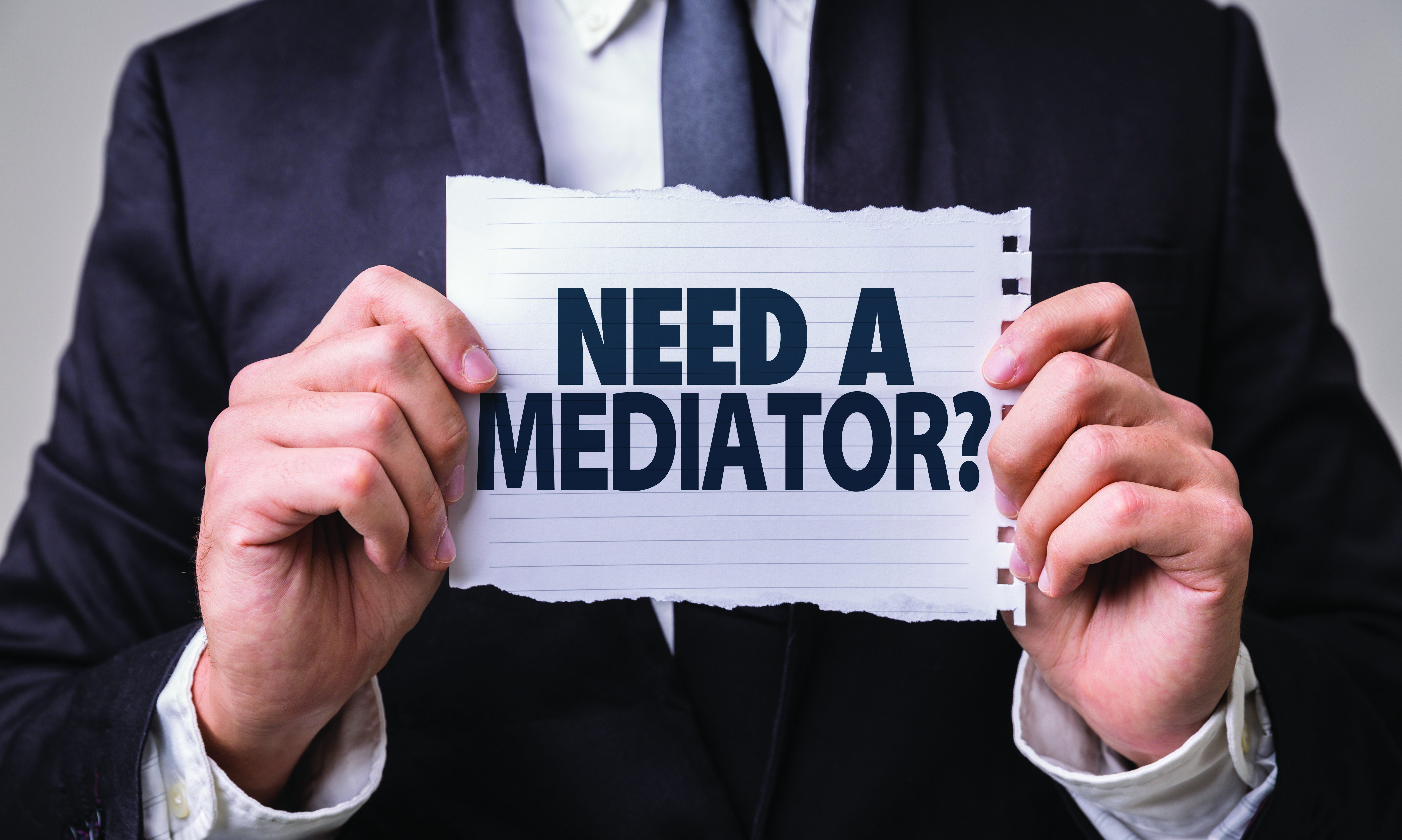The practice of divorce mediation in New York State is largely unregulated, having never adopted the Model Standards of Practice for Family and Divorce Mediation. As a result, there are no standard rules for the practice of mediation in New York State. Nor is there a specific certification stating who may act in the capacity of divorce mediator, although as part of a statewide alternative dispute resolution program of the New York State Unified Court System, matrimonial attorneys wishing to participate as mediators must complete a 40-hour course requirement, according to Part 146 of the Rules of the Chief Administrative Judge. Many matrimonial attorneys will take on divorce mediation cases and agree to act in the capacity of divorce mediator. Sometimes, the attorneys are trained and experienced in divorce mediation, whereas other times they are not. Results may vary based upon the mediator’s understanding of how divorce mediation should be conducted.
The role of a matrimonial attorney in representing a litigant differs greatly from the role of a divorce mediator in a number of ways. Foremost, a matrimonial attorney only represents one client, whereas a divorce mediator acts as a neutral for both parties. Matrimonial attorneys who mediate are held to a higher standard than other mediators. While the legal and ethical rules regarding attorneys acting as mediators are still somewhat unclear, they pertain to largely to issues of confidentiality and conflict of interest.







